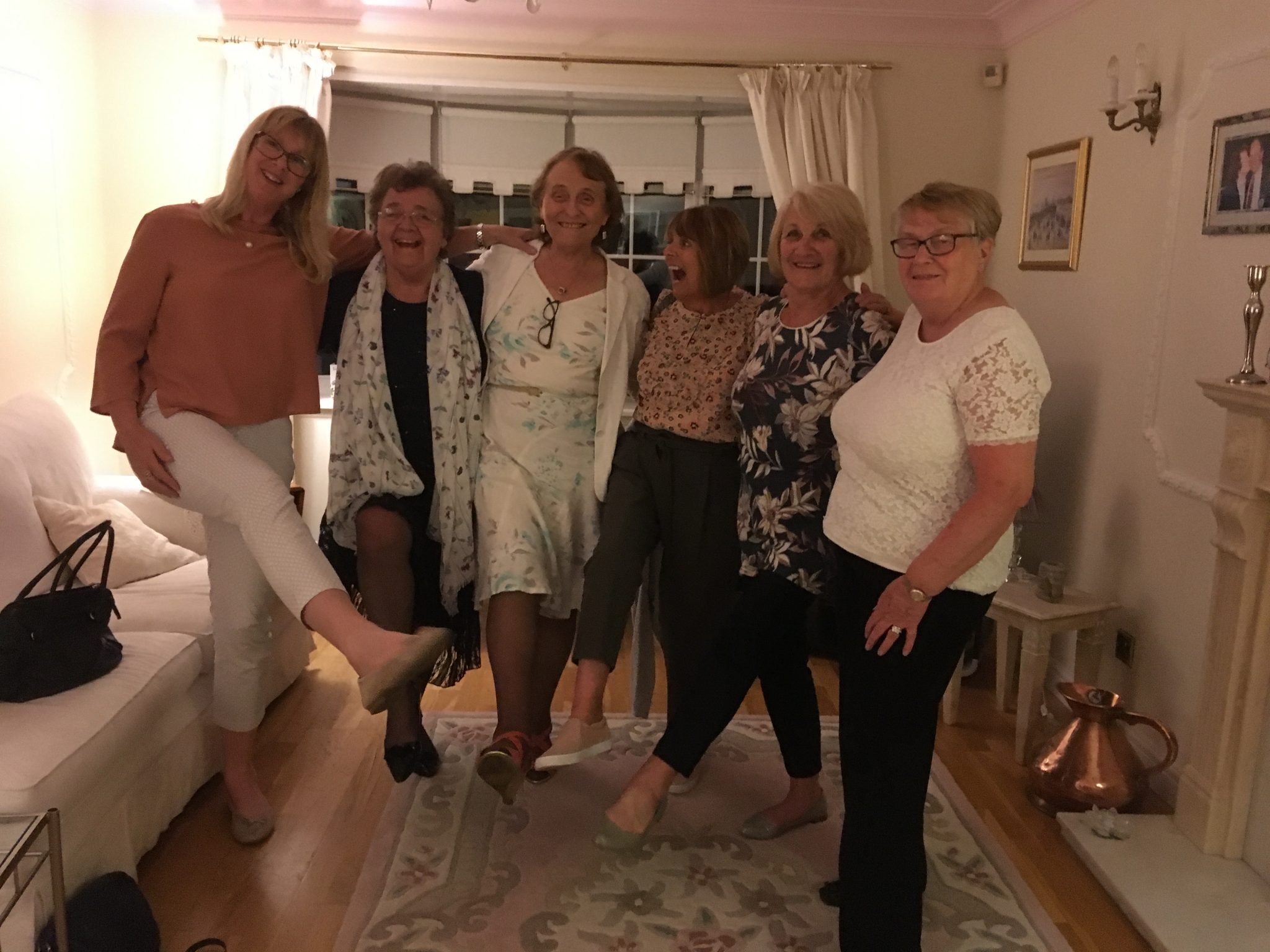What is Soroptimist?
Soroptimist International is a global women’s organisation whose members work to improve the lives of women and girls through programmes leading to social and economic empowerment. Soroptimist programmes focus on providing access to education, which is one of the most effective ways to empower and enable women and girls, to help end social problems arising from inequality.

Above: Past President Marge Wilkinson and Programme Action Lead Rosemary Jenkinson, on a study trip to Meru, Kenya in April 2018.
What does the word “Soroptimist” mean?
Loosely translated from Latin, Soroptimist is a coined term meaning “best for women.”
When was the Soroptimist movement formed?
The first Soroptimist club was formed in 1921 by a group of 80 women in Oakland, Alameda County, California, USA.
How can women join the Soroptimists?
Women who are interested in joining a Soroptimist club should visit the ‘Home page’ of their local club (use the “Contact Us” page on this website), or contact Soroptimist headquarters at SIGBI

Above: Pat Howe hosting a New Members Evening at her home, to welcome Sunderland “newbies” to the club
Why does Soroptimism focus on women and girls?
Soroptimism was formed in 1921 because, at that time, women who were interested in volunteering in their communities were not permitted to join “male” service organisations. Since then, the organisation has worked to help women improve their standing in the world. Despite tremendous strides, unfortunately women still do not enjoy equal economic or social status with their male counterparts. As an organisation of and for women, Soroptimists feels uniquely qualified to tackle the challenges facing today’s women and girls.

Above: Joan Heckles and Claire Wilkinson enjoying each other’s company at one of our regular social events
What programmes do Soroptimists offer?
Soroptimists offer several programmes that improve the lives of women and girls. In addition to participating in those programmes offered by the organisation at a national and international level, clubs also work on specific projects that benefit women and girls living in our own neighbourhoods, based on the needs of our local communities.

